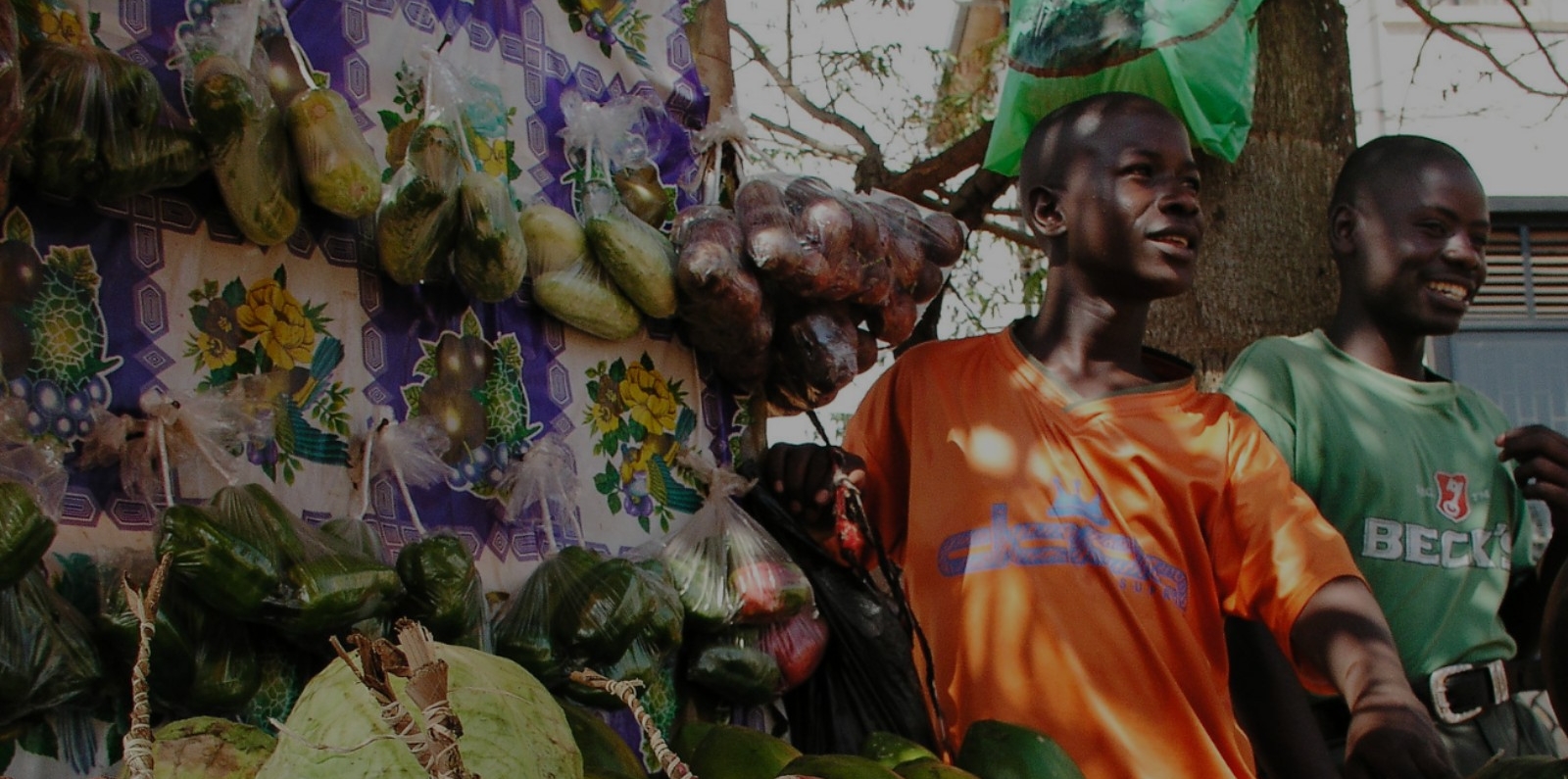About the Project
Subsistence farming by Uganda’s smallholders currently accounts for 96% of all farm production and a quarter of the total GDP. The sector employs more than two-thirds of workers, contributing to 40% of household income. At the same time, stunting affects one in three children—more than 2.1 million children across the country, higher than its immediate neighbors—some of whom have lower per capita income. Undernutrition disproportionately affects rural areas, where stunting rates top 36%, compared to 19% in urban areas, and annual costs associated with child undernutrition are estimated at 5.6% of GDP. Meanwhile, Ugandan agricultural policy has focused primarily on increasing productivity and commercialization of staple foods and cash crops to raise farmer incomes.
GAFSP will invest $27.6 million to support the government's efforts to explicitly link agriculture, nutrition, health, and education through school-based demonstration gardens, nutrition education, and backyard gardens. UMFSNP increases the production and consumption of micronutrient-rich foods, including African indigenous vegetables, high-iron beans, and orange-fleshed sweet potatoes, while increasing the use of community-based nutrition services in smallholder households in project areas. The focus is on promoting short-term changes in high-impact nutrition behaviors and practices that are known to contribute to the medium- and long-term reduction of stunted growth in young children. Activities include distributing start-up materials to increase household production of nutritious foods while improving nutrition and health education through schools and community-based agriculture extension and health services. Services include routinely distributing nutrition commodities, such as iron-folic acid supplements or anthropometric measurement scales, to communities in 15 project districts. The project also supports community-led school demonstration gardens, education for women’s groups, and the scaling up of micronutrient supplementation.
Country
- Uganda
Project Status
ActiveFunding
PublicSupervising entity
- World Bank
Call Year
2013GAFSP Funding Amount
27.60Results
As of December 2021, UMFSNP has benefitted 1,416,159, surpassing the end of project target of 1,140,000, which includes 643,640 women and 317,232 children under two years of age. Because of the project, 115,630 farmers and 22,383 additional hectares have adopted new technologies and 979,059 people have received improved nutrition services and products. The production of fortified foods, including complementary foods and special nutritional products, has increased by 32.8%.
UMFSNP has made progress in delivering multi-sectoral nutrition services at primary schools and communities, especially through key community actors like lead farmers, village health teams, lead mothers, and parent groups. Training for parent groups and students have helped them maintain school demonstration gardens through nutrition education sessions. The project also has strengthened capacity to deliver nutrition interventions, conducting massive capacity development and community refresher training on specific aspects of nutrition for 18,884 key community participants, including Village Health Teams, lead farmers, and lead mothers, to avoid the vacuum effects of transfers and promotion of staff.
Contact
Mr. Joseph Oryokot
joryokot@worldbank.org
Mr. Rogers Ayiko
rayiko@worldbank.org
Mr. Ziauddin Hyder
zhyder@worldbank.org
Ms. Sarah A. Simons
ssimons1@worldbank.org
